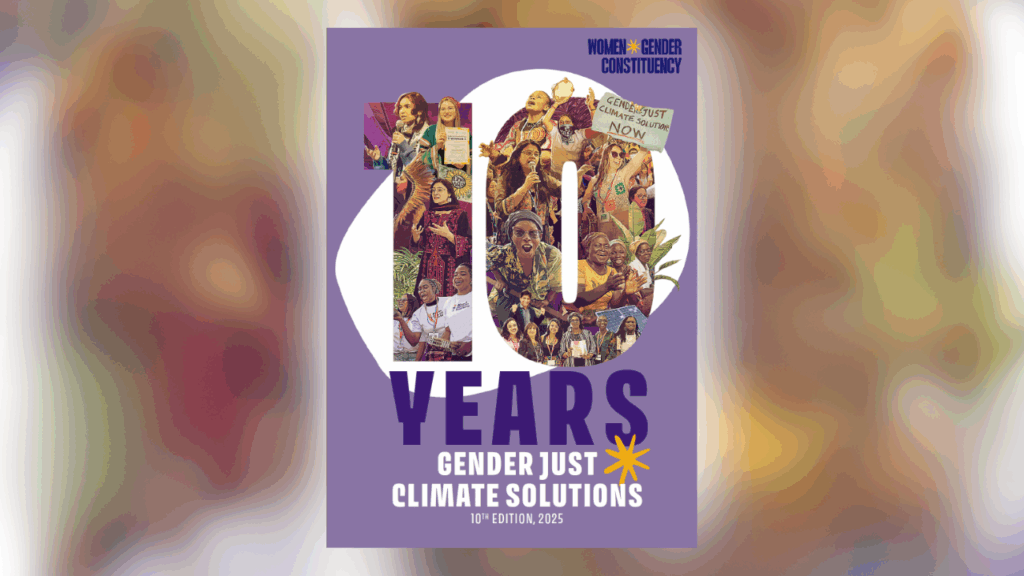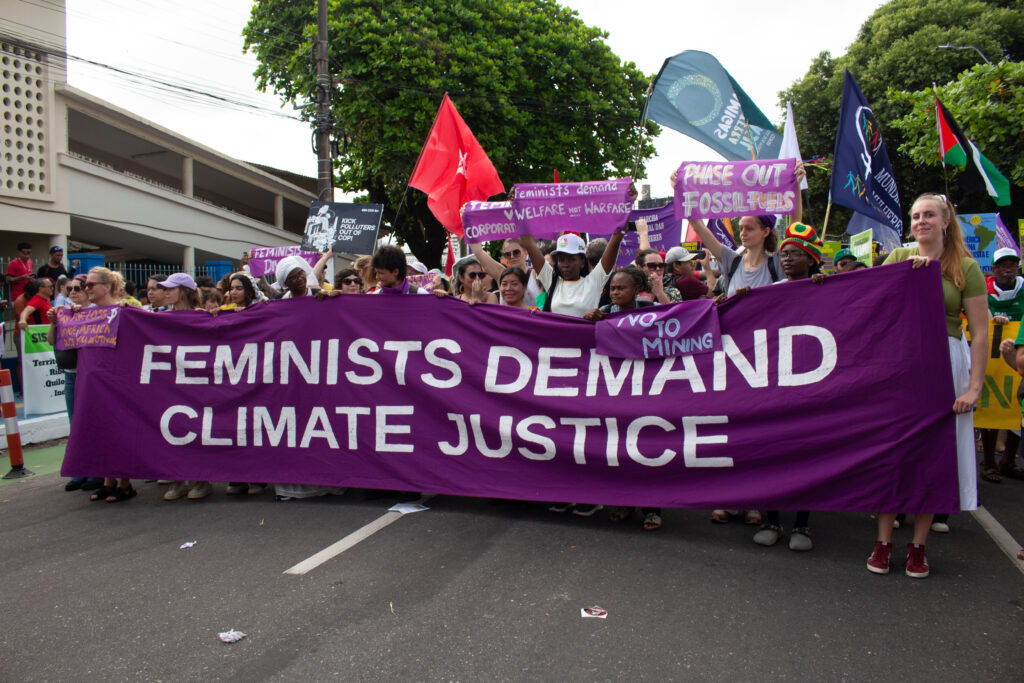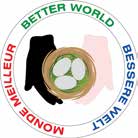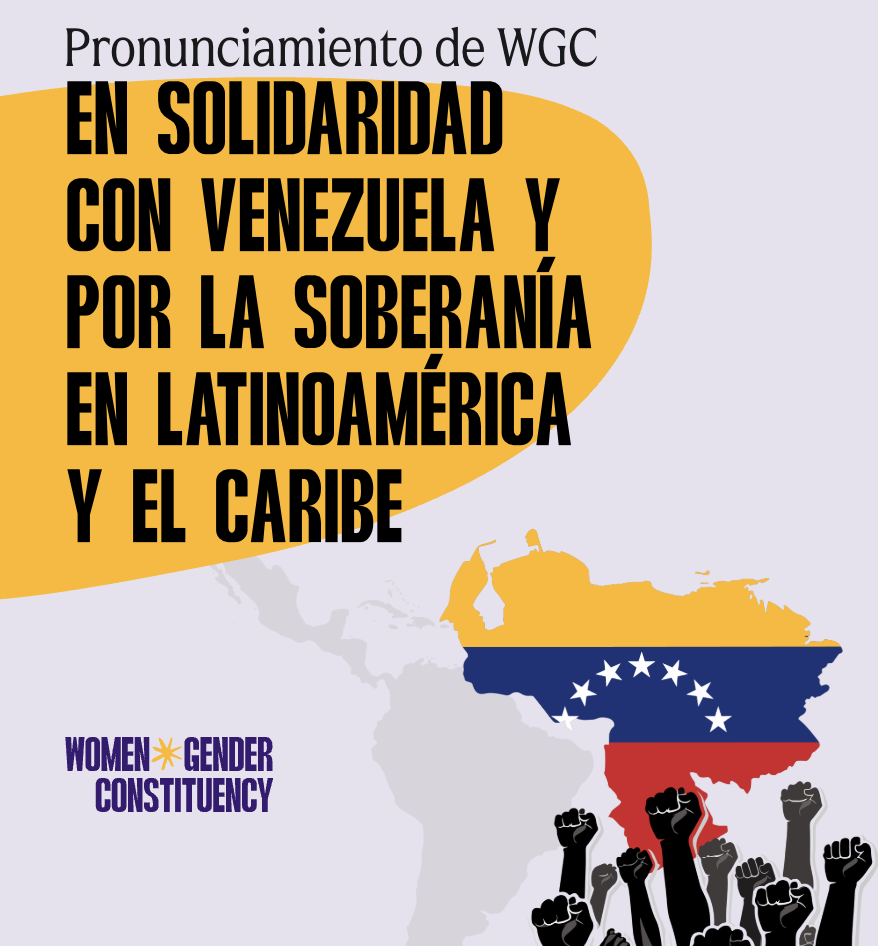
Africa kitchen revolution: training women on transferable mud-building techniques

Description of the project:
BWC offers a simple, low cost, sustainable alternative to heavy use of solid fuel by building clean cookstoves with mud-building techniques and local materials. The main objectives of this participatory project are to: improve the livelihood of women by training them on the construction of low-emitting mud cookstoves, reduce air pollution, improve health, and enhance women’s participation in community engagement. Reaching 300 beneficiaries in 30 communities, BWC has held 10 participatory stove building workshops with women’s groups; held training of trainers; supported the establishment of partnerships and cooperatives fostering income generation; organised annual meetings for all trainees.
Climate impact:
In rural Cameroon, 98% of the population are using large amounts of firewood and charcoal for cooking. This is causing deforestation, CO2 emissions, heavy indoor air pollution and affecting the health of the women cooking. Following the Paris Agreement, this project builds on a bottom-up approach to fight climate change. With the improved cookstoves, BWC expects firewood consumption in the communities to be reduced by 60-70%, resulting in less pressure on forests and reduced health impacts.
Gender impact:
Women are gaining technical skills (building and repairing cookstoves) originally carried out by men in the communities. The adopted skills are easily transferable and over 12 women beneficiaries have engaged in the construction of mud buildings. With less time spent on collecting firewood and cooking, women have more time for other activities. 20 women have formed a trainer’s network, empowering more women to engage in local advocacy and income generating activities.
Scalability / replicability:
The mud-building technique is easy to replicate, adapt and upscale as it uses simple technology with available local, natural, ecological and low cost materials. This project also relies on a Global Ecovillage Network and an online Solutions Library with one-page introductions and overviews of technical alternatives. Developing and implementing sustainable long-lasting projects in local ownership is one of the foundations of climate change adaptation and mitigation, which requires a truly participatory approach.
read the latest from our network
We work across regions and movements in deep solidarity. Together, we’re building collective advocacy to global problems.


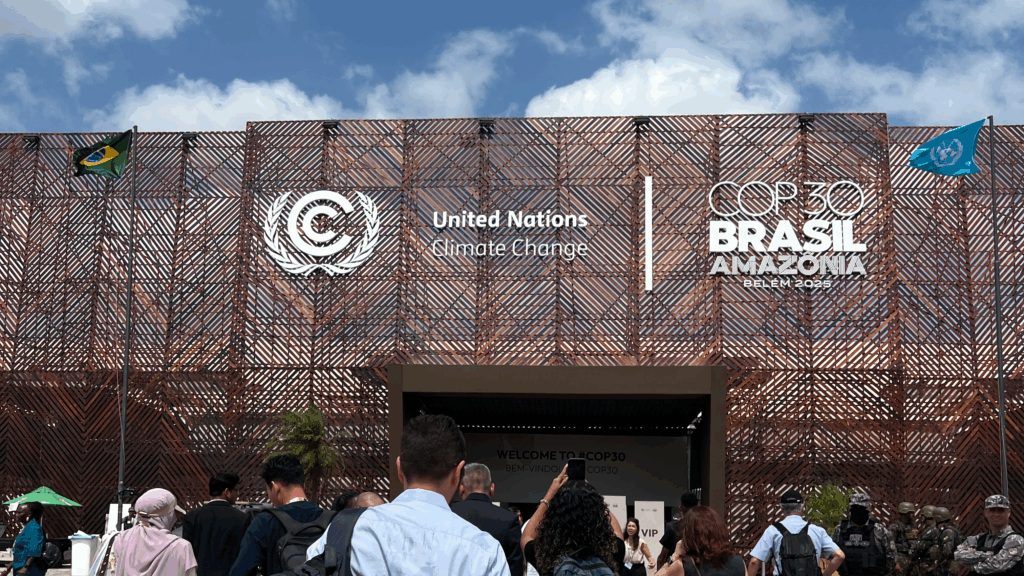

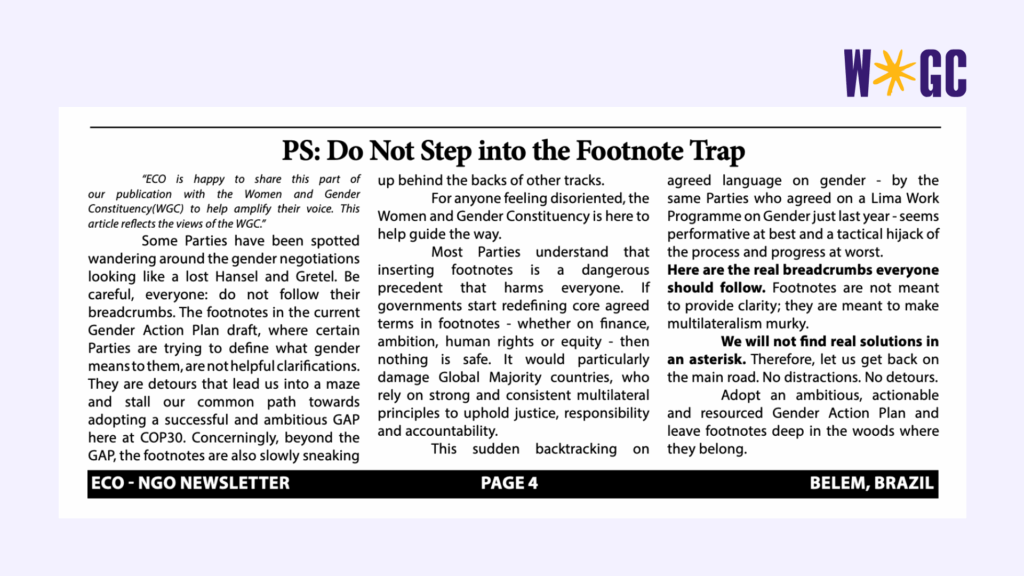
PS: Do Not Step into the Footnote Trap
19/11/2025
